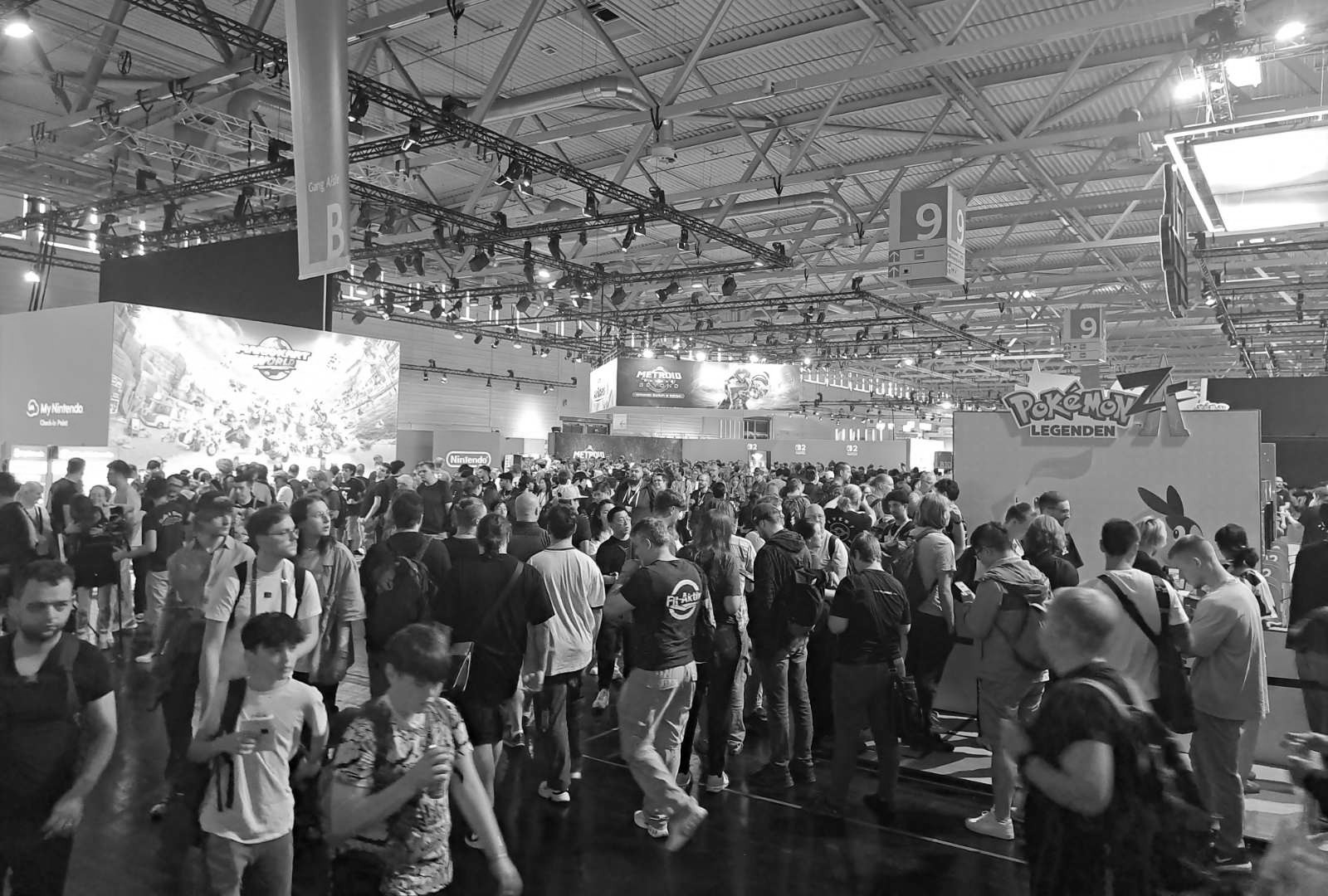
Vietnam is a stable trade partner and secure country which is open to free trade and is committed to making itself competitive.
Ho Chi Minh City is a prime business environment, located in the heart of Vietnam – currently one of the most productive and exciting economic centres in the world. Vietnam is a stable trade partner and secure country which is open to free trade and is committed to making itself competitive.
Vietnam is a member of the Association of South East Asian Nations (ASEAN), which also makes it a member of the ASEAN Free Trade Area (AFTA). In turn, this means that Vietnam is a more reliable proposition considering the unstable and ever-changing global trade issues with the US and China. Going forward, ASEAN members have an agreement to promote competitiveness, inclusiveness, and a greater sense of community. To achieve this the focus to 2025 is on five strategic areas: Sustainable Infrastructure, Digital Innovation, Seamless Logistics, Regulatory Excellence and People Mobility.
Vietnam is also forging relationships in Europe and Australasia. In September 2017, Vietnam’s finance and trade ministers met with the European Free Trade Association (EFTA) members of and are currently in ongoing negotiations. Vietnam has also signed trade agreements with Australia and New Zealand.
The Australia-Vietnam Plan of Action was signed in November 2016 and outlines how Australia and Vietnam will collaborate in the areas of defence, security, and economic development. The two countries have agreed on a rules-based multilateral trading system, which provides the basis for a healthy and growing global economy. Both countries are committed to creating the best possible conditions for business to flourish. Australia recognises and supports Vietnam’s goal of sustainable economic development to benefit its nation and people . Part of this includes the implementation of the ASEAN-Australia-New Zealand Free Trade Agreement (AANZFTA).
The partnerships between Australia, New Zealand and Vietnam are about more than trade, as stable trade cannot be achieved without a stable political environment. The commitment extends to ensuring security, safety, and freedom of navigation and aviation. Agreements on natural resources and the environment are on future agendas, as is the protecting the Mekong region.
Vietnam is a far more stable trade proposition than India, Indonesia, Thailand or the Philippines, which all have internal security concerns. Australia and Vietnam are generally very safe countries with shared security goals.
Currently, Australia and Vietnam are working together to encourage greater private sector involvement in both countries’ economies. These agreements create perfect conditions for trade expansion in Vietnam, and these initiatives also support offshore staffing centres and operations. Key partnership business areas now, and into the future are transport and logistics, IT, education, mining and energy, manufacturing, mechanical engineering, water and sanitation, food and agricultural products processing, agriculture, aquaculture, fisheries, footwear, textiles, electronics, and telecommunications.
Private businesses in Australasia can only benefit from signed trade agreements, so looking to Vietnam for staffing solutions is a smart choice. Vietnam, and in particular its business hub, Ho Chi Minh City, is a secure option. Offshoring is like having a division of your business located overseas, instead of in your building. Offshoring with Remote Resources means that specific business needs, and/or non-core business can be moved to Ho Chi Minh City, and all aspects are taken care of in this location. For example, if you need to develop a mobile application (app) you don’t need to recruit in your hometown, you just call your offshore provider and go from there. Remote Resources will listen and consult to find your exact requirements and put the right staff in place to ensure a successful project outcome.









